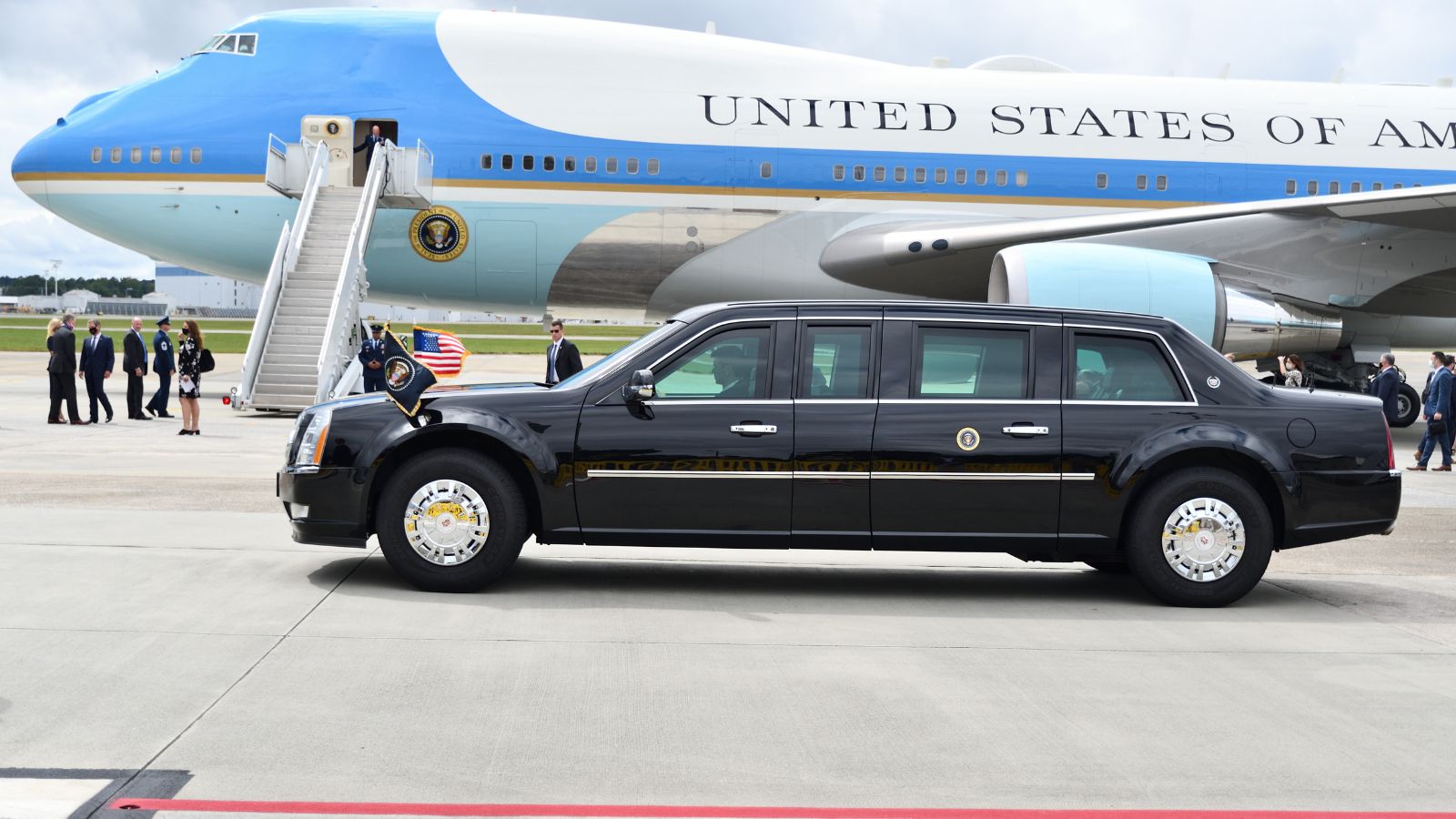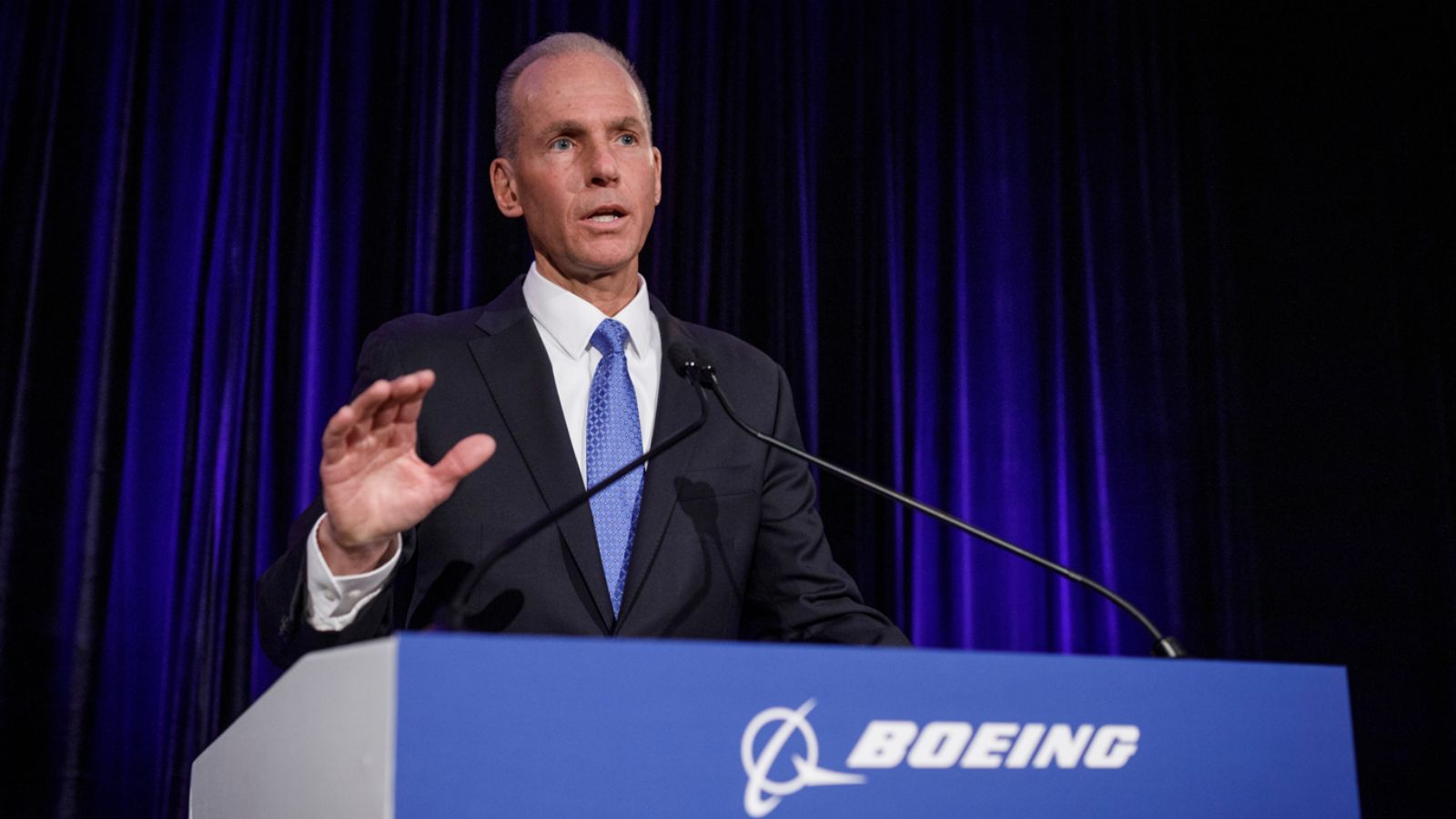Boeing’s involvement in the Air Force One project has been a journey marked by challenges, delays, and substantial financial losses. Charged with the responsibility of developing a set of state-of-the-art presidential aircraft, Boeing found itself entangled in a web of complexities and financial constraints. This development timeline showcased fluctuating contracts, project delays, insurmountable costs, and hefty financial losses.
A Glimpse into the Complexity

Developing an aircraft for the President of the United States is no small feat. First and foremost, it isn’t just an ordinary aircraft. Air Force One is a symbol of national pride and must incorporate the most advanced and reliable technologies. It should serve as a movable office, resilient to security threats, fully equipped for emergency situations and capable of long-haul flights with minimum refueling. Therefore, the scale of complexities and the premium on safeguarding these aircraft heavily contributed to the ballooning costs.
Extended Timelines and Delivery Challenges

The initial timeline for the delivery of the new aircraft has suffered a two-year extension, reshaping the project’s schedule and posing considerable challenges for Boeing.
The Vision for Air Force One Upgrade

The primary goal of the project was to introduce a modern replacement for the existing 747-200B jumbo jets, offering enhanced space and fuel efficiency in line with contemporary aviation standards set by the US Air Force.
The Trump Factor

Another significant factor that put a strain on the financial health of the project was the involvement of then-President Donald Trump. Known for his hardball negotiation tactics, Trump managed to push Boeing into an agreement that saw the company shouldering any cost overruns. This arrangement, whilst protecting taxpayers’ dollars, subjected Boeing to inordinate financial pressure.
The Setbacks in Boeing’s Air Force One Endeavor

The elaborate construction of the new Air Force One planes by Boeing has faced a significant number of setbacks, contributing to the reported $2 billion loss. The issues began with unavoidable delays in the project’s timeline, leading to an extensive cost overrun.
Source Of The Delays

These delays stemmed from various sources, including supply chain disruptions, negotiation stumbles, and increased manufacturing costs. Each challenge compounded the problems further, throwing the original delivery schedule, expectations, and budget estimates off course. A force in the aviation industry, Boeing embraced the monumental task of redesigning and constructing the Air Force One aircraft. However, the journey has been fraught with a myriad of setbacks.
Financial Setbacks

Major financial setbacks have been a significant issue for Boeing. Initially, an estimation of $3.9 billion had been proposed for the project’s total cost. The figure eventually swelled due to unanticipated complexities and complications, culminating in a staggering cost overrun of $2 billion.
Comparing Costs: Historical and Current Perspective

Contrasting historical replacement costs to present-day expenditures sheds light on the evolving demands and complexities of modern aviation projects.
Dave Calhoun’s Acknowledgment of the Challenges Boeing Faced

Boeing’s CEO, Dave Calhoun, openly acknowledged that Boeing might have made an unwise initial deal, highlighting the unique risks associated with the project. He admitted that the project had “A very unique set of risks that Boeing probably shouldn’t have taken.”
Boeing’s Outlook on Future Growth

Despite setbacks, Calhoun’s optimistic outlook for the company’s Defense, Space, and Security division showcases resilience amid challenges.
Financial Resilience and Potential Recovery

Boeing’s recent financial report highlights a 13% revenue surge and reduced net loss, signaling opportunities for recovery and future growth.
Boeing’s Ongoing Significance in the Aerospace Industry

With a substantial order backlog and plans to deliver thousands of commercial airplanes, Boeing continues to hold a significant position in the aerospace sector.
Impact of the Fixed-Price Agreement

The fixed-price contract, formulated under the Trump administration, placed the burden of any cost overruns on Boeing, significantly influencing the project’s financial trajectory.
Trump’s Initial Optimism and Subsequent Challenges

Initial positivity about the deal led by Trump contrasted sharply with the unforeseen challenges and financial setbacks that followed.
Leadership Changes: Muilenburg’s Exit

The departure of CEO Dennis Muilenburg following the 737 Max crashes added complexity to the course of the Air Force One project.
Repercussions of Adjusting Project Timeline

Extended timelines often bring about challenges in project management and resource allocation, contributing to the complexities faced by Boeing in the Air Force One project.
A Turbulent Journey

Boeing’s intricate journey with the Air Force One project underscores the challenges inherent in colossal aviation ventures. The interplay of political negotiations, financial intricacies, and unforeseen hurdles highlights the necessity for comprehensive planning and adaptability in the aerospace industry. As Boeing forges ahead, the lessons learned from the Air Force One project serve as a reminder of the complexities in innovation and progress in the aviation sector.
Terrifying Prospects: 12 Moves Trump Could Unleash If Re-elected in 2024

Terrifying Prospects: 12 Moves Trump Could Unleash If Re-elected in 2024
21 Things MAGA Followers Permanently Destroyed For Everyone Else

21 Things MAGA Followers Permanently Destroyed For Everyone Else
America’s 15 Most Miserable States Revealed: Data Shows Places You Don’t Want to Live

America’s 15 Most Miserable States Revealed: Data Shows Places You Don’t Want to Live
12 Ways the World Suffered from Trump’s Reckless Moves

12 Ways the World Suffered from Trump’s Reckless Moves
Trump’s Hit List: 18 Brands That Incited the Wrath of the Former President

Trump’s Hit List: 18 Brands That Incited the Wrath of the Former President













